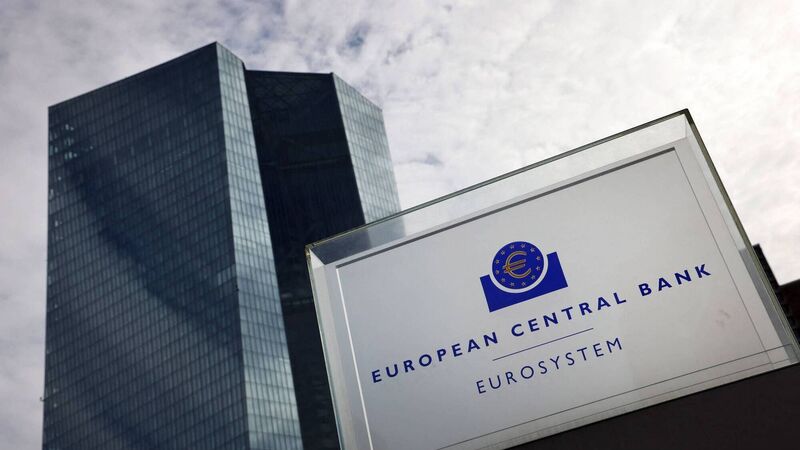ECB hawks set to prevail 'with half point rate hike next week'

Economists cite manufacturing and employment surveys, as well as the calming of last month's turmoil on global banking markets, for reasons the ECB will drive ahead with rate increases.
European Central Bank hawks are likely to hold out and hike interest rates by a hefty half a point next week, after rapid fire increases since last summer failed to halt significant price pressures, a leading economics consultancy has predicted.
In a major study, Capital Economics said almost every one of the 26 policymakers on the governing council at the ECB has publicly voiced opinions on the May 4 meeting, and the consultancy believes they will vote to increase rates by 50 basis points instead of a widely-anticipated 25 basis point hike, because core inflation remains stubbornly high across the eurozone.














